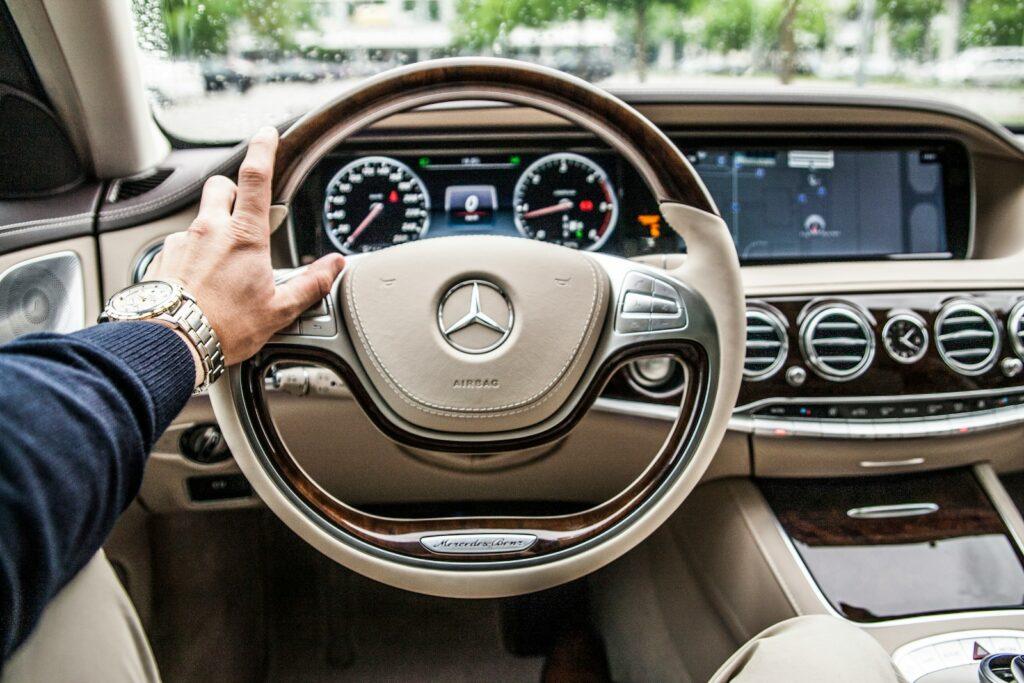The Pros and Cons of Buying vs. Leasing a Car
When it comes to getting a new car, there are two main options to consider: buying or leasing. Each option has its own set of advantages and disadvantages, and it’s important to weigh them carefully before making a decision. In this article, we will explore the pros and cons of buying vs. leasing a car to help you make an informed choice.
Buying a Car
Buying a car involves purchasing the vehicle outright and becoming its owner. This option comes with several benefits:
1. Ownership
One of the biggest advantages of buying a car is that you own it. This means you have the freedom to modify or customize the vehicle to your liking. You can also sell it whenever you want and recoup some of your investment.
2. No Mileage Restrictions
When you buy a car, you don’t have to worry about exceeding any mileage limits. You can drive as much as you want without incurring any additional charges.
3. Long-Term Savings
While the upfront costs of buying a car may be higher, in the long run, it can be more cost-effective. Once you pay off the loan, you no longer have monthly payments, and you can enjoy several years of owning a car without any financial obligations.
However, there are also some downsides to buying a car:
1. Depreciation
Cars are notorious for depreciating in value over time. As soon as you drive a new car off the lot, it starts losing value. This means that if you decide to sell it later, you may not get back the full amount you paid.
2. Maintenance and Repairs
As the owner of a car, you are responsible for all maintenance and repair costs. This includes regular services, unexpected breakdowns, and any wear and tear that occurs over time. These expenses can add up and impact your budget.
3. Limited Flexibility
When you buy a car, you are committing to it for a longer period. If you decide you want a different vehicle before you have paid off the loan, you may have to go through the process of selling or trading in your current car, which can be time-consuming and potentially result in financial loss.
Leasing a Car
Leasing a car involves renting it for a specific period, usually a few years. Here are the advantages of leasing:
1. Lower Monthly Payments
Leasing a car often comes with lower monthly payments compared to buying. This can be beneficial if you have a tight budget or prefer to allocate your funds elsewhere.
2. Fewer Maintenance Costs
Since leased cars are typically brand new, they are typically covered by the manufacturer’s warranty. This means that most maintenance and repair costs are covered, saving you money in the short term.
3. Ability to Drive a New Car Regularly
Leasing allows you to drive a new car every few years. This means you can enjoy the latest features and technologies without having to worry about selling or trading in your current vehicle.
However, leasing also has its drawbacks:
1. No Ownership
When you lease a car, you never own it. This means you have no equity in the vehicle and no opportunity to sell it later on.
2. Mileage Restrictions
Most lease agreements come with mileage restrictions. If you exceed the predetermined limit, you will have to pay additional fees. This can be a significant drawback if you have a long commute or enjoy taking road trips.
3. Continuous Payments
Unlike buying a car, leasing involves continuous payments. Once your lease term ends, you will need to lease another car or explore other options, which means you will always have a monthly car payment.
Conclusion
Deciding whether to buy or lease a car depends on your personal preferences, financial situation, and lifestyle. Buying offers ownership, long-term savings, and no mileage restrictions, but comes with depreciation, maintenance costs, and limited flexibility. Leasing provides lower monthly payments, fewer maintenance costs, and the ability to drive a new car regularly, but lacks ownership, has mileage restrictions, and involves continuous payments. Consider these pros and cons carefully to make the best choice for your needs.



